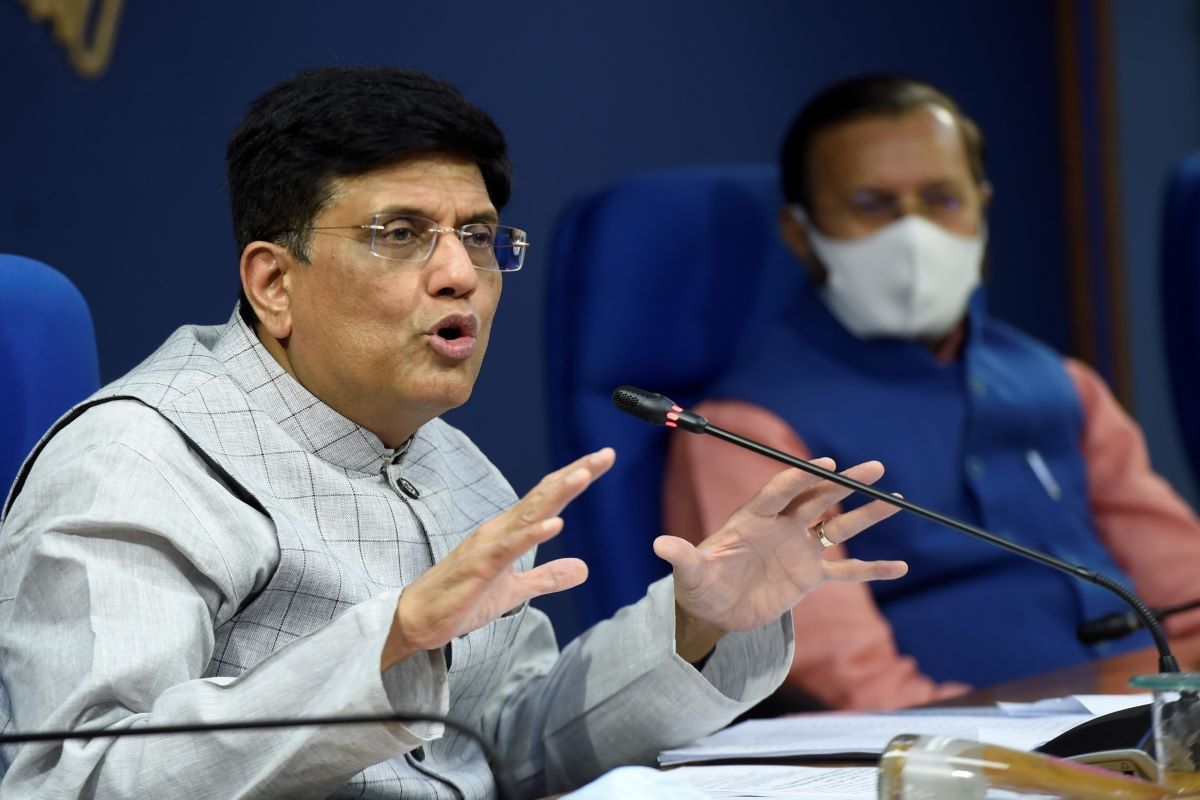India has the potential to attract an annual FDI in the range of $120- $160 billion by 2025, Minister for Commerce and Industry Piyush Goyal said today.
“Last seven years we’ve seen a record FDI, each year breaking the previous record for 7 years in a row. And I do hope to see that continue looking at the major structural reforms, the fact that we have a proactive leader in Prime Minister Modi, willing to listen and willing to change with the changing times,” he said, addressing the 2nd edition of the CII National Conference on MNCs, 2021, through video conference.
Advertisement
He quoted a recent CII-Ernst & Young report to say that India would be the next investment global hotspot.
Goyal said global sentiments have changed from ‘Why India?’ to ‘Why Not India!’, and today ‘We must be in India!’
“There are more success stories here than anywhere in the world today, 71 unicorns. Naukri Jobspeak Index for Oct’ 2021 reports a 43 per cent growth in employment over the same month last year. Our Manufacturing PMI (is high) and Service PMI reached a decade high,” he said.
Goyal said the government has introduced several key policy and business reforms for improving the investment climate. “The closest and most recent decision like the privatization of Air India which was successfully bid by the Tata group, the removal of that very, very unfortunate Retrospective Tax which has, I believe, cost us dear in terms of investment climate for many years, the kind of reforms in Mining, in the Coal sector, ones that we are hoping to do in Power, the huge Renewable Energy growth story in India, all of these things, I think, encourage us to look for a brighter future,” he said.
He said the National Single Window System (NSWS) has been launched to serve as a one-stop-shop for approvals and clearance needed by investors. “The portal hosts approvals across 18 central departments and 9 states. Another 14 central departments and 5 states will be added by December.”
The minister said India has all the right ingredients for the Multi-National Corporations (MNCs) and can help MNCs become more competitive at global level. “Diverse business landscape, rule of law & transparent systems, skilled workforce & low labour cost, no forced technology transfers.”











